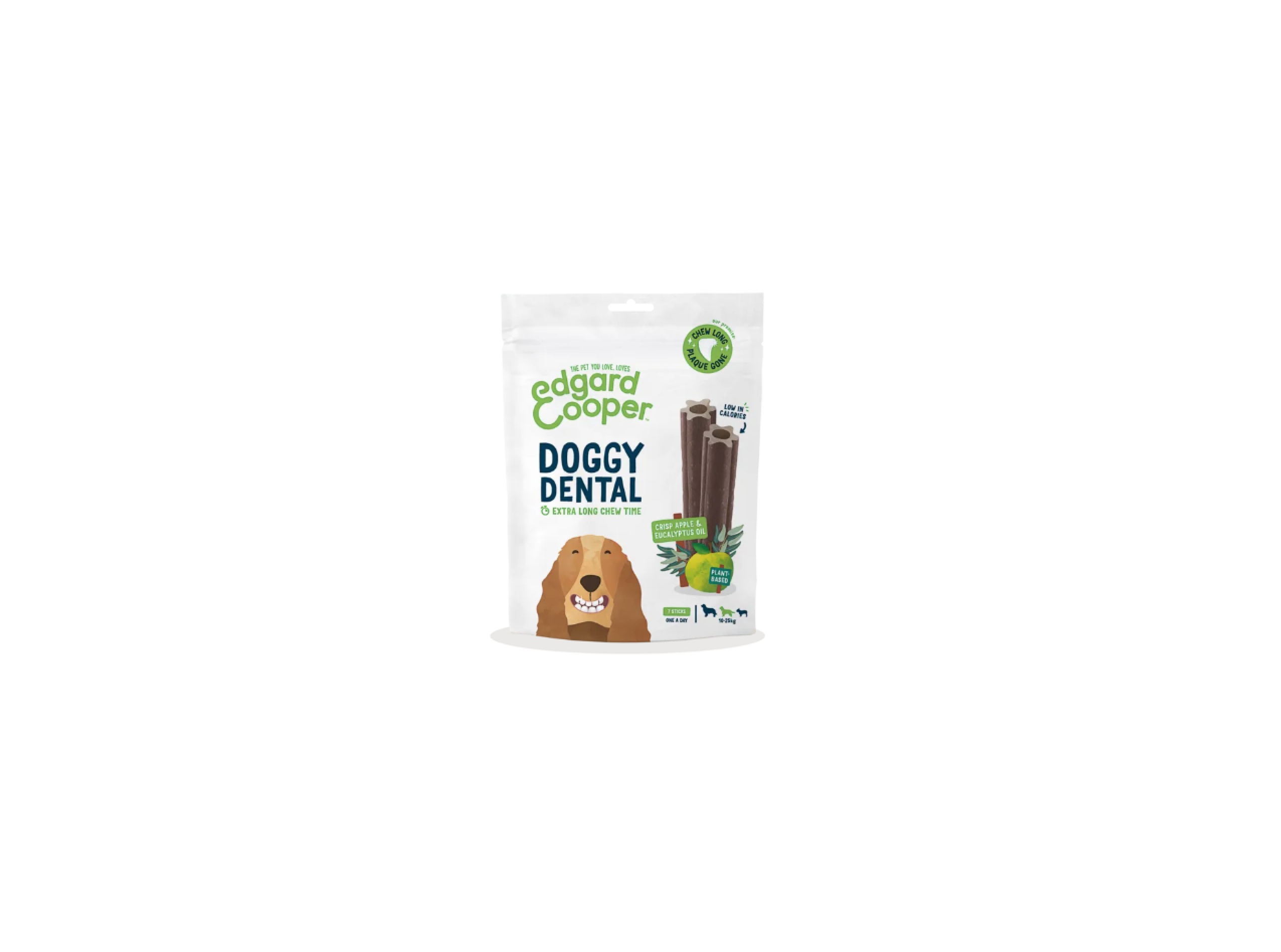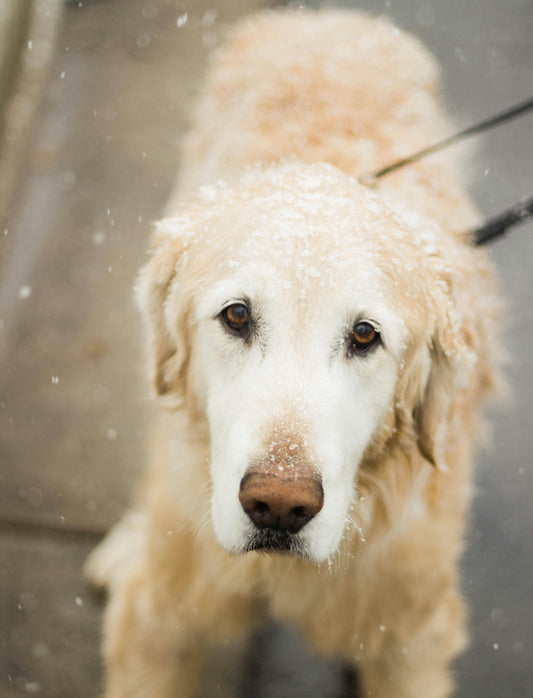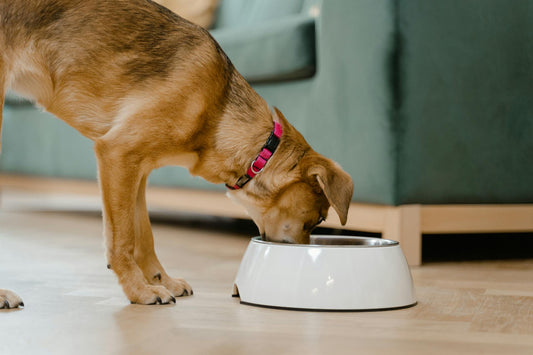Planning a road trip with a dog can be an enjoyable experience for both the owner and the pet. Dogs thrive on adventure and new experiences, making road trips an enriching opportunity for them. With the right preparation, travel can be fun and stress-free for everyone involved.
Choosing pet-friendly destinations and accommodations is crucial. Many national parks, beaches, and even hotels welcome dogs, creating numerous options for exploration. It's important to research these spots in advance to ensure they meet the pet owner's expectations and the dog's needs.
Packing the essentials for the dog will contribute to a successful journey. Items like food, water, a leash, grooming tools, and comfort items can make a significant difference in keeping a dog comfortable during travel. Planning breaks for exercise and bathroom needs also helps maintain the pet’s well-being throughout the trip.
Preparation for Your Journey
A well-planned road trip with a dog involves several key preparations. This ensures a safe and enjoyable experience for both the traveler and their canine companion.
Choosing the Right Vehicle
Selecting the appropriate vehicle is crucial for a successful road trip. Consider the size and comfort of the vehicle, especially if traveling with a larger dog. A spacious SUV or crossover may offer more room for the dog to move around comfortably.
Check the climate control features. Dogs are sensitive to temperature changes. Air conditioning or proper ventilation is essential for keeping them comfortable during hot weather.
If the dog tends to get anxious, look for a vehicle with quieter ride quality. This can make the journey more pleasant for both the dog and the owner.
Packing Essentials
When preparing for the trip, packing the right supplies is vital. Include enough food and water for the journey. Calculate daily portions and pack extra in case of delays.
Don’t forget bowls for food and water, which should be spill-proof for safety. Bring a leash and a comfortable harness to keep the dog secure during stops.
A pet first aid kit is also recommended. It should include basics like gauze, antiseptic wipes, and any medications the dog may need. Familiar toys and blankets can help provide comfort throughout the trip.
Dog Safety Gear
Safety is paramount when traveling. A well-fitted dog seat belt or harness can prevent the dog from roaming freely in the vehicle. It protects both the dog and the driver during sudden stops.
Consider a pet barrier to keep the dog in the backseat. This can help in minimizing distractions while driving. A crate may also be a good option, providing a safe space for the dog.
In addition to these, make sure to identify the nearest vet along the route. This ensures quick access to care if needed.
Health and Safety Considerations
Planning a road trip with a dog requires attention to health and safety. Key factors include ensuring updated vaccinations, obtaining pet insurance, and being prepared for emergencies.
Updated Vaccinations
Before embarking on a road trip, it is critical for pet owners to ensure their dog’s vaccinations are current. Vaccinations protect against contagious diseases. Common vaccinations to consider include:
- Rabies
- Distemper
- Parvovirus
- Bordetella
Consulting a veterinarian can help identify specific vaccination needs based on travel destinations. Many boarding facilities and dog parks require proof of vaccinations, so keeping records accessible is beneficial. It is also wise to check for any travel restrictions related to pet health in different states or regions.
Pet Insurance and Identification
Pet insurance offers peace of mind during a trip. It can cover unexpected veterinary expenses, which may arise from accidents or illnesses. Owners should research and select a plan that suits their dog's needs and travel habits.
Identification is equally crucial. Each dog should wear a collar with an updated ID tag that includes the owner's contact information. Microchipping is a reliable permanent identification method. Ensuring that the microchip details are up to date can provide an additional layer of safety.
First Aid and Emergency Care
Having a first aid kit specifically for dogs is essential for any road trip. This kit should include items such as:
- Gauze and bandages
- Antiseptic wipes
- Tweezers
- Dog-safe pain medication
Familiarizing oneself with basic first aid practices for pets can be invaluable. Knowing how to handle common emergencies, like allergic reactions or minor injuries, helps ensure a safer journey. Additionally, having the contact information for local veterinarians along the route can facilitate quick access to professional care if needed.
On the Road
Traveling with a dog requires careful planning to ensure a comfortable experience for both pet and owner. Key aspects include making frequent stops, managing feeding and hydration, and providing exercise and entertainment during the journey.
Managing Frequent Stops
Finding the right balance for stops is essential. Dogs need to relieve themselves, stretch their legs, and explore. Plan to stop every 2-3 hours, especially during long drives.
- Choose Pet-Friendly Locations: Look for rest areas, parks, or even pet-friendly cafes.
- Keep a Routine: Familiar routines help dogs feel secure. Stop at the same intervals when possible.
Use these stops to give dogs a chance to walk and sniff around. This not only helps them stay calm but also enhances their overall travel experience.
Feeding and Hydration
Maintaining proper nutrition and hydration is crucial on the road. Dogs should eat according to their regular schedule. Here are some tips:
- Pack Correct Portions: Measure their food and store it in airtight containers for easy access.
- Hydration: Always have fresh water available. Use travel water bowls for easier access while on the go.
Be mindful of feeding times. It’s often best to feed them during rest stops to avoid motion sickness. Always carry extra water for unexpected delays.
Exercise and Entertainment
Keeping a dog entertained and exercised during the trip is vital. When the car is parked, let dogs run and jump to release energy.
- Toys: Bring along chew toys or puzzles that can keep them occupied.
- Short Walks: Use stopovers for brisk walks or play fetch.
In the car, secure a favorite toy or blanket that provides comfort. Use calming music or travel-specific products to help reduce anxiety. Keeping dogs engaged contributes to a smoother journey.
Accommodations and Destinations
Finding suitable accommodations and attractions is essential for a successful road trip with a dog. Prior planning can ensure a comfortable stay and enjoyable experiences along the way.
Pet-Friendly Lodging
Many hotels and motels now offer pet-friendly options. Travelers can choose from chains known for accommodating pets, such as La Quinta, Best Western, and Motel 6. Additionally, vacation rentals found on platforms like Airbnb or Vrbo often welcome pets.
Before booking, it’s crucial to check the specific pet policies of each lodging. Some places may have size restrictions, extra fees, or require a pet deposit. Always verify the availability of amenities like dog parks or nearby walking areas.
Dog-Friendly Attractions
Exploring attractions that welcome dogs adds excitement to the journey. National parks often allow dogs on designated trails. Examples include Acadia National Park and Yellowstone, where leashed dogs can accompany their owners on specific paths.
Furthermore, many breweries, cafes, and shops are becoming more dog-friendly. Locations such as PetSmart or local farmers' markets may allow dogs to join their owners. Researching pet-friendly activities in advance will enhance the travel experience.
Local Regulations and Etiquette
Understanding local regulations regarding pets is vital. Various cities have leash laws and designated areas for dogs. Failing to adhere to these can result in fines. Researching specific regulations for each destination helps avoid surprises.
Practicing good etiquette is also important. Owners should clean up after their pets and keep them on a leash when in public spaces. Being respectful to other travelers and residents ensures a positive experience for everyone.








